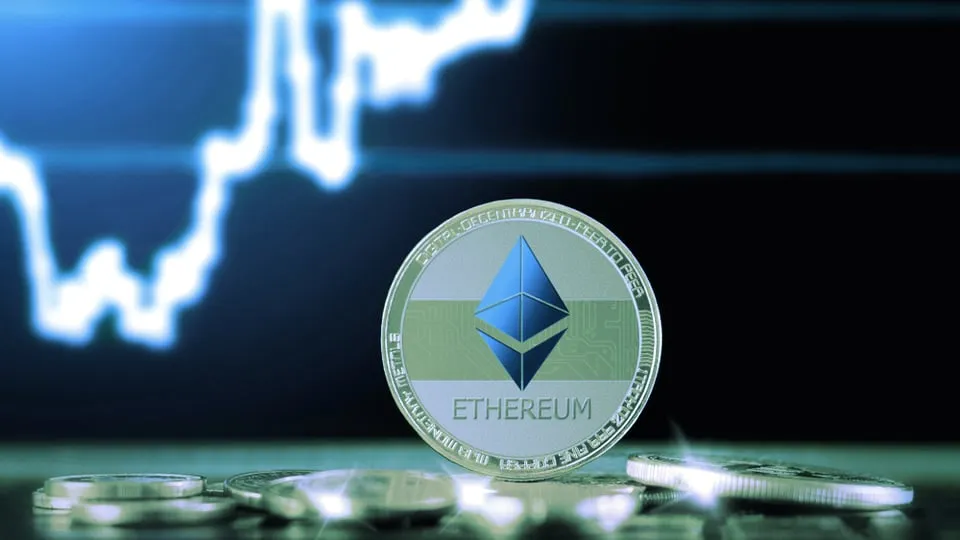In brief
- An increase in Ethereum's price has placed higher demand on the Ethereum network.
- As a result, transaction fees have surged upwards.
- Ethereum users have taken to Twitter to vent their frustrations about the growing fees.
Ethereum transaction fees have risen by almost 400% since January 1. This increase has not only caused traders to incur higher costs on their transactions, but it has also led to questions about the mainstream potential of Ethereum itself.
According to Glassnode, Ethereum transaction fees have hit a new all-time high of $898,000 in a single day. This narrowly beats the last high seen in January 2018.
Gas fees—which measure how much it costs to execute a transaction on the Ethereum network—are in constant flux. Gas fees increase as demand on the Ethereum network grows. But despite higher gas fees signalling greater demand on the network, these fees also make it more expensive to perform a transaction on Ethereum.
Gwei is a small fraction of ETH and is used to measure gas fees on the Ethereum network. According to Etherscan.io, a website that provides data about the Ethereum network, gas fees have risen from 64 Gwei on January 1 to 309 Gwei today—up 382%.
According to Etherscan.io, ‘higher’ gas fees are also on the rise. This is the top band of fees that traders are paying because they want transactions to be confirmed quickly. On January 1, gas fees were around 240 Gwei; this has now risen to 700 Gwei, representing an increase of 191%.
One reason why the Ethereum network is generating higher gas fees is because of the growing decentralized finance (DeFi) space, which largely runs on Ethereum.
Alex Svenevik, CEO of analytics platform Nansen and co-founder of D5, a decentralized autonomous organization of data experts, shared his first hand experience of the rising gas fees on Twitter. He was asked to pay $23 dollars as a transaction fee as an approval, and an additional $83 for an undisclosed transaction.
“With the current growing interest in decentralized finance the network is hitting its highest activity levels,” Charles Storry, co-founder of PhutureDAO, told Decrypt, adding, “One of the side effects of the network activity levels is the high gas fees which revolve around each transaction.”
The rise in gas fees has also prompted crypto enthusiasts to question whether blockchains can ever truly become mainstream. “Are blockchains only for the wealthy? Do only the wealthy consider these transactions ‘good value for money’?” said one Twitter user.
Looking ahead, Ethereum users are eager to see the arrival of Layer 2 scaling, a collective term for solutions that will move user transactions away from the main Ethereum blockchain, or Layer 1.
It is hoped that Layer 2 solutions will improve user experience for applications and, as a result, relieve the Ethereum network and drive down gas fees.
Update: More information has been added from Glassnode.
Stay on top of crypto news, get daily updates in your inbox.





